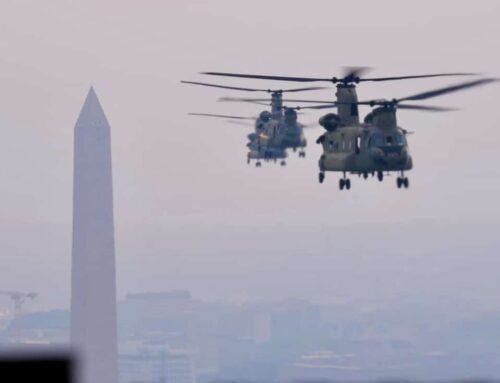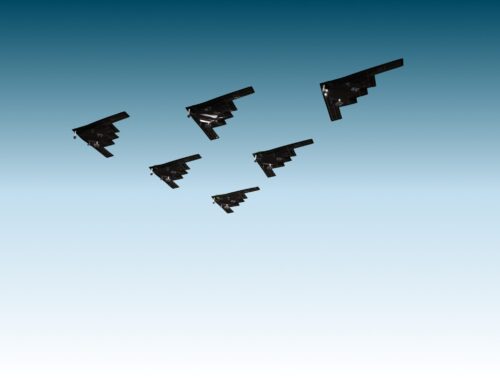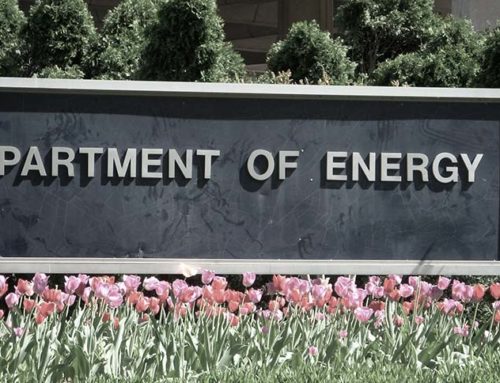Dear Rules Committee Member:
Taxpayers for Common Sense urges the Rules Committee to make the following amendments in order for debate on H.R. 5515 the National Defense Authorization bill for Fiscal Year 2019. The full House of Representatives should be on the record voting on these amendments to ensure the best possible use of the taxpayers’ dollars:
- #38 – Burgess, Lee (CA), Lance, DeFazio, Jones, Welch, Lewis (MN), Schakowsky: a bipartisan amendment requiring a report ranking all military departments and Defense Agencies in order of how advanced they are in achieving auditable financial statements as required by law.
- #209 – Yarmuth: an amendment requiring the Department of Defense (DoD) to provide estimates of enduring costs funded with Overseas Contingency Operations (OCO) funding as part of its budget submissions to Congress.
- #225 – Lee (CA), Lewis (MN), Norman:a bipartisan amendment requiring the Comptroller General of the United States to submit to Congress a report on how funds authorized for overseas contingency operations were ultimately used.
- #230 – Lee (CA), Lewis (MN):a bipartisan amendment reducing the OCO account by $9 billion.
- #258 – Polis, Lee (CA), Duncan (TN):a bipartisan amendment reducing Pentagon spending by 1 percent, excluding personnel and medical programs.
- #281 – Graves:an amendment requiring the Secretary of Defense to report on how to save $2 billion in Commissary and Exchange programs.
- #300 – Aguilar:an amendment that amends the existing nuclear weapons and delivery platform reporting requirement to include 20-year estimate of the “total lifecycle costs.”
- #330 – Norman:an amendment requiring the Office of Management and Budget to keep separate the accounts for overseas contingency operations from the accounts for the Department of Defense.
- #331 – Norman:an amendment requiring, not later than 60 days after the date of the enactment of this Act, the Secretary of Defense to submit to the congressional defense committees an updated version of the October 2017 report on ‘‘Department of Defense Infrastructure Capacity.”
- #332 – Norman, Blumenauer, Lee (CA), Schweikert:a bipartisan amendment requiring the Secretary of the Air Force, no later than 90 days after enactment, to publicly disclose the total dollar amount of any B-21 contracts.
- #341 – Duncan (TN), Polis, Jones:a bipartisan amendment requiring for the Secretary of Defense to submit a report regarding awards and commendations presented to any military personnel for cost-saving ideas during the prior fiscal year. The report shall also state how the Secretary plans to expand and streamline such awards programs for cost-saving ideas.
- #369 – Lieu:an amendment to prohibit the use of funds to conduct business with entities owned or controlled by the President of the United States and his family.
- #389 – Gallego: an amendment requiring a report of payments and regulatory actions benefitting the President of the United States and his family.
- #402 – Nolan:an amendment to strike Title XV.
- #431 – Lee (CA), Norton:an amendment to strike underlying language on military parade and inserting prohibition on use of funds for such a parade.
- #432 – Biggs: an amendment reducing Pentagon spending in absence of submitted financial statements or qualified audit opinions.
- #439 – Ellison, Norman:a bipartisan amendment requiring the Secretary of Defense to identify how programs funded through OCO will be funded in future years. This will help the Pentagon identify programs that it considers an enduring need that should be funded in the base budget.
- #479 – Schneider:an amendment stating the Secretary of Defense must certify that the proposed parade in Washington DC will have no effect on military readiness.
- #490 – Schrader: an amendment requiring the Chief Management Officer to look at all potential cost savings, not just at DoD support functions, as part of an effort to reduce costs by 25 percent.
- #492 – Sanford, Lee (CA):a bipartisan amendment codifying criteria developed by the Office of Management and Budget in 2010 to clarify when military spending should be designated as contingency operations and therefore requested in the OCO budget request.
- #505 – Lewis (MN):an amendment requiring all procurement and R&D programs that were not requested in the President’s Budget Request be fully authorized in the NDAA before funds can be appropriated for them. The amendment also establishes a waiver process for this requirement.
- #506 – Schrader, Welch, Blumenauer, Rooney, Blum, Norman:a bipartisan amendment requiring a report from the Secretary of Defense on ways the Pentagon is finding and implementing savings laid out by the 2016 Defense Business Board report and also to report on alternative recommendations to achieve cost-savings.
- # 546 – McClintock:an amendment striking the prohibition on another round of base closure. The amendment also allows entities accepting closed bases to pay for environmental review and mitigation costs.
Further, we are concerned with several proposed amendments that would expand the costly, protectionist provisions of the Berry amendment that potentially deny men and women in uniform the best product at the best price. We also oppose efforts to redirect increased Pentagon spending to construction of a border wall.
Sincerely,
Ryan Alexander
President, Taxpayers for Common Sense










